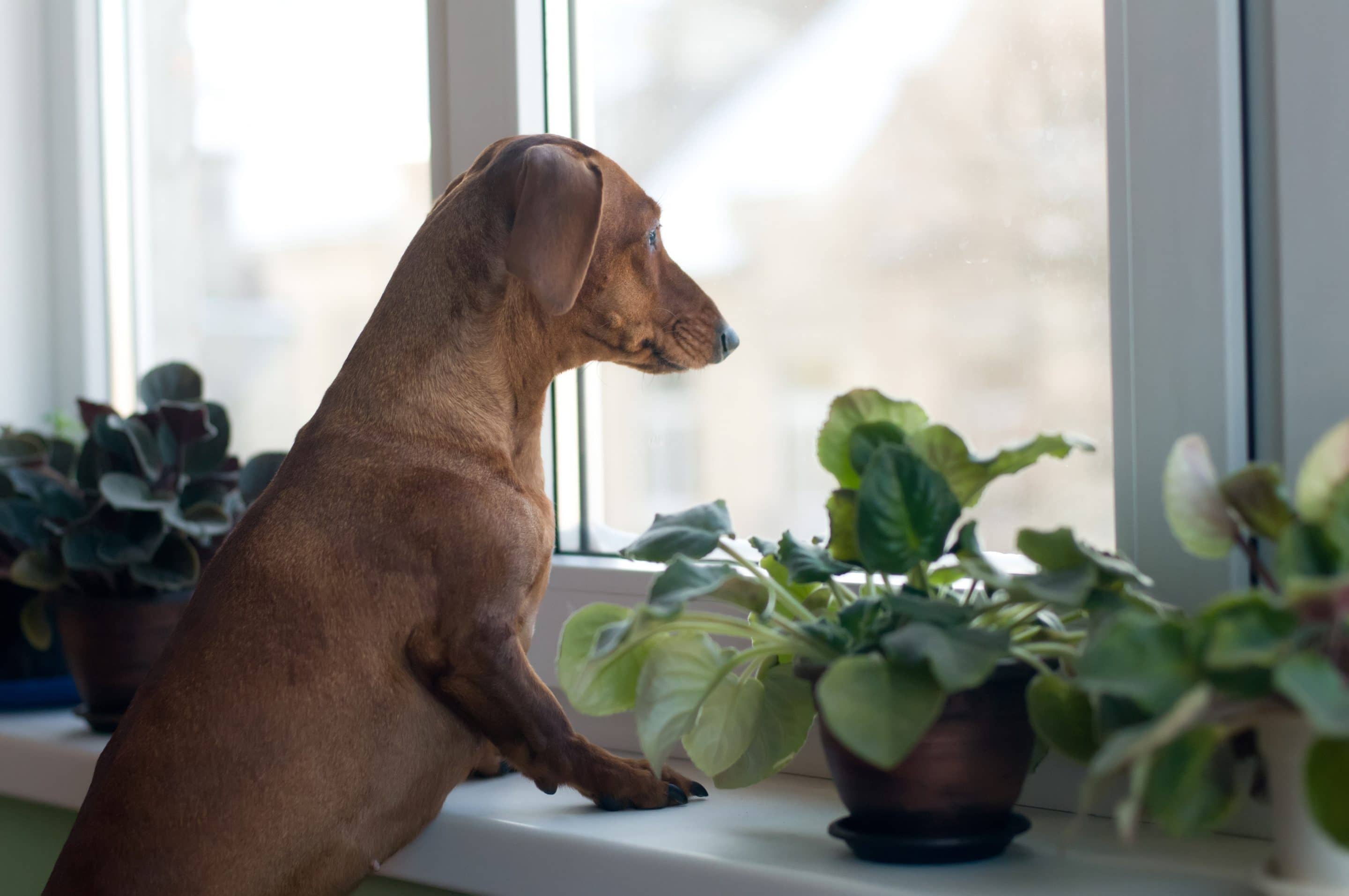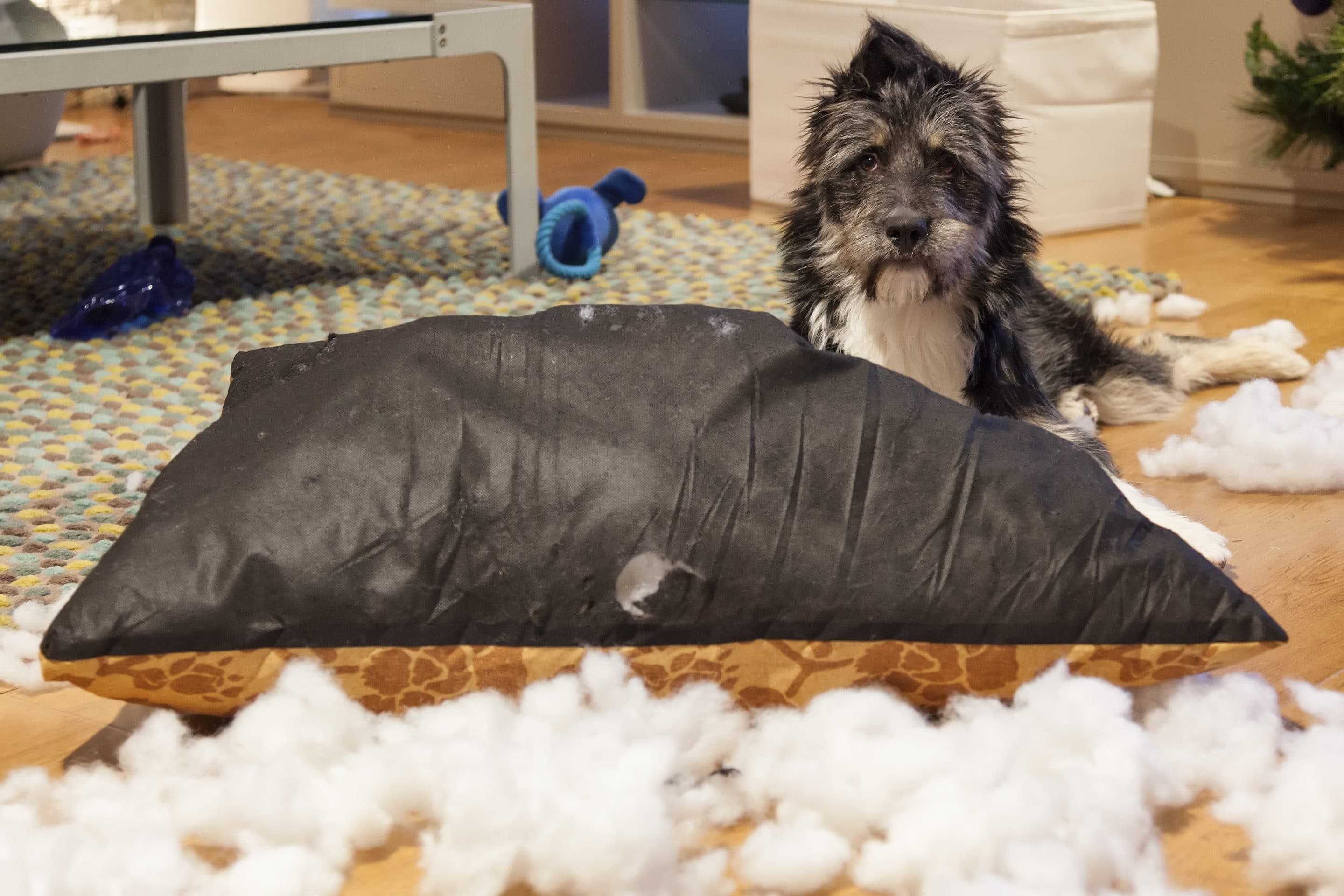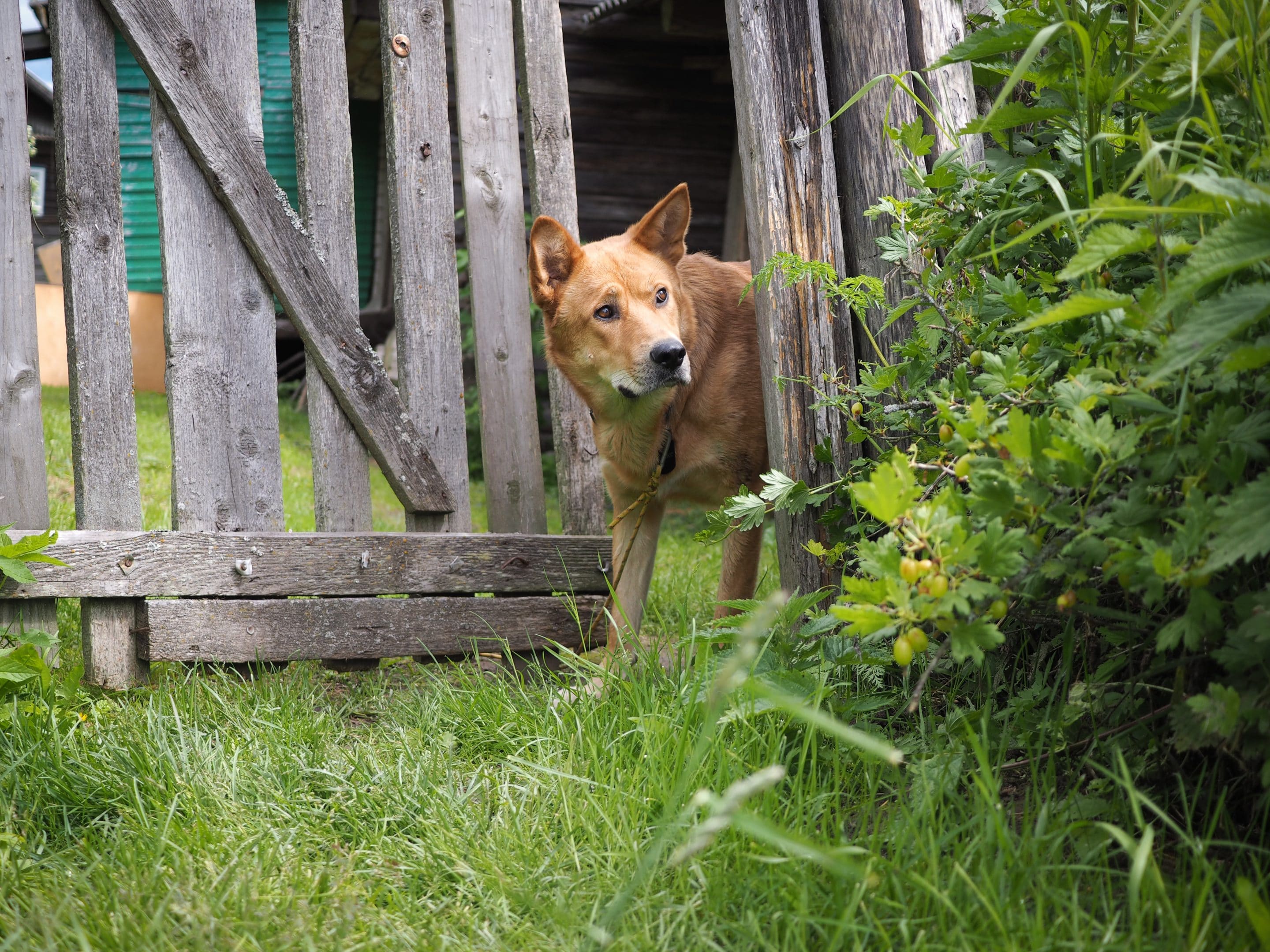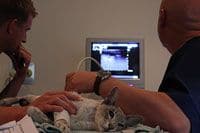How to Keep Your Pets Safe at Home
We all love spending as much time as we can with our furry friends. Unfortunately, to afford to have a pet plus other luxuries such as food, water and a roof over our head, we must leave the house and head off to work.
Here at Perth Vet Emergency, we know the pain of having to leave our fur babies at home while we go off to work.
“Is Rex going to get into the rubbish again?” “I hope Missy doesn’t start digging holes”.
We’ve put together a series of tips to help owners keep their pets safe at home while they’re out and about, and what to do if your pet escapes.
While you’re out and about
Whether it’s work, a night on the town or a weekend getaway, here are our tips to help keep your pet safe while you’re away.
- Keep your pets inside and away from loud noises. Put on soothing music or use the TV to drown out outside noises.
- Ask a friend or family member to doggy-sit and drop your pooch around to their place while you’re out.
- Organise for a family member, friend or neighbour to check in on your pet during the day.

Before you leave
Before any trip or day at work, here are some things to keep in mind before you leave to keep your furry friend happy and healthy.
- Make sure your pet has their identification collars on
- Exercise them before you leave to tire them out
- Feed them before you go so that they have a full stomach and want to have a snooze
- Crate them if they are used to it (avoid tying them to leads outside as they can strangle themselves trying to get out) – This can help avoid dogs running through glass windows, chewing through doors and jumping over high fences

Anti-anxiety
Sometimes anxiety can be the reason for a pet acting out or exhibiting destructive behaviour.
- Anxiety can manifest in the most fearless of dogs. Phobias can seem strange and irrational
- Have someone stay home if you have a severely anxious pet, reward them for calm behaviour
- Adaptil collars and sprays can release appeasing pheromones to help reduce anxiety
- Last resort - medication. Contact your local vet to discuss anti-anxiety medications if your pet has a known anxiety problem

If your pet escapes
In the case that your pet does get out, here are some useful organisations and online contacts.
- Know who to call and where to look:
- Local pound
- RSPCA
- Local vet or Animal Emergency Service
- Lost pets register online
- Facebook groups - Qld lost pets register
2. Once you’ve found your pet, you will need proof of ownership so have a photo of your pet handy and know any unique features.
If you have any questions or concerns about your pets behaviour when they are left alone, please contact your local vet.
OTHER ARTICLES YOU MIGHT LIKE:



